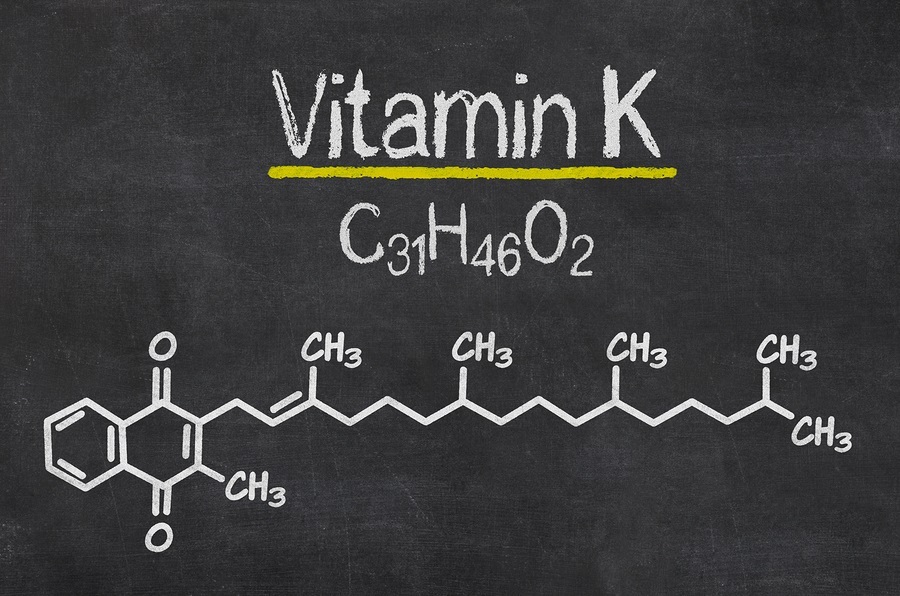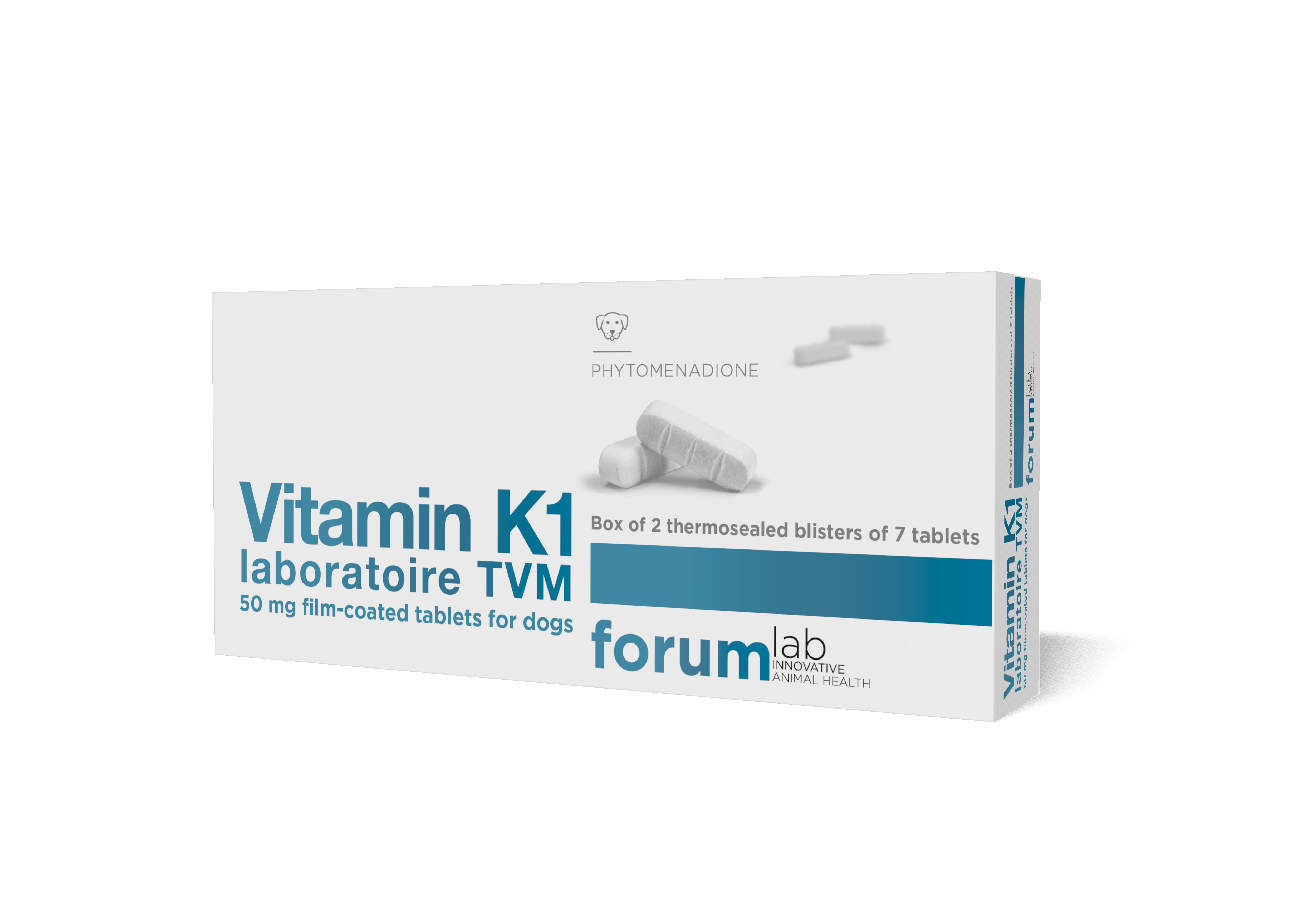

Second-generation anticoagulants (dipha-cinone, difethialone, chlorophacinone, brodifacoum): 4 weeks.Short-acting anticoagulants (warfarin and pindone): 14 days.Dose: Vitamin K 1 should be administered at 3 to 5 mg/kg PO divided Q 12 H with a fatty meal to enhance absorption.Monitor PT and only administer vitamin K 1 if PT becomes elevated (see How Vitamin K 1 Works).Begin prophylactic vitamin K 1 therapy or.Treatment & MonitoringĪfter deciding if decontamination is warranted, the clinician must then choose to either:

If emesis is unsuccessful or contraindicated by underlying conditions, such as severely brachycephalic patients and those with seizure disorders or significant cardiovascular disease, the clinician may instead give one dose of activated charcoal with a cathartic.įor patients presented over 8 hours after ingestion, emesis or activated charcoal is unlikely to be effective. Bar forms of bait may remain in the stomach for a longer period of time, allowing effective emesis for as long as 8 hours after ingestion.If the patient ingested bait pellets, emesis is likely to be effective for up to 4 hours.Clinicians most commonly choose to induce emesis. ASYMPTOMATIC PATIENTS Decontaminationįor patients that have recently ingested an anticoagulant rodenticide, the clinician should consider performing decontamination. However, clinicians can expect to see an increase in the number of bromethalin and cholecalciferol cases seen in their practices due to Environmental Protection Agency regulations that went into effect June 2011, which limit the sale of second-generation anticoagulant rodenticides in the consumer market. Hepatic Dose : No dose adjustment recommended.In the past, most patients were exposed to anticoagulant rodenticides. Dose as in normal renal functionĭialysed. Renal Dose : Dose in Renal Impairment GFR (mL/min)ĭose in Patients undergoing Renal Replacement Therapies No significant interactions are known other than antagonism of coumarin anticoagulants. Neonates: In infants (particularly premature babies), excessive doses of vitamin K analogs during the first few days of life may cause hyperbilirubinemia this in turn may result in severe hemolytic anemia, hemoglobinuria, kernicterus, leading to brain damage or even death. Large doses of vitamin K or its analogues may further depress liver function in patients with severe hepatic disease and thereby further decrease the concentration of prothrombin. Pain, swelling, and tenderness at the injection site may occur. Bronchospasm, shock, cardiac and/or respiratory arrest may also occur. Transient flushing sensations and peculiar sensations of taste have been observed following phytonadione injection as well as rare instances of dizziness, rapid and weak pulse, profuse sweating, brief hypotension, dyspnea, and cyanosis. Alternatively, 10 mg IV, IM or subcutaneously may be administered.


 0 kommentar(er)
0 kommentar(er)
